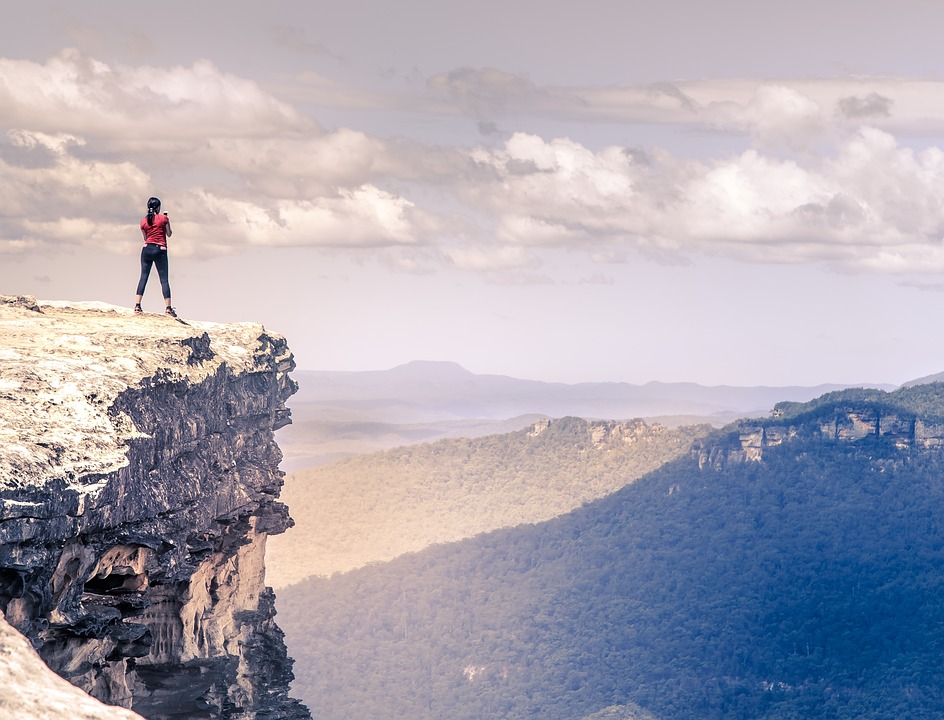Exploration has always been a fundamental aspect of human nature. From the ancient voyages of discovery by explorers like Christopher Columbus and Sir Edmund Hillary to the modern day expeditions to the depths of the ocean or the outer reaches of space, the desire to venture into the unknown and push the boundaries of what is possible is a universal drive that has propelled humanity forward.
The thrills of exploration are many. There is the excitement of embarking on a journey into uncharted territory, the exhilaration of discovering new lands, cultures, and wildlife, and the satisfaction of conquering challenges and obstacles along the way. For explorers, the sense of adventure and wonder that comes with pushing oneself to the limits and facing the unknown head on is both deeply fulfilling and addicting.
However, exploration is not without its challenges. The dangers and risks of venturing into unfamiliar territory are numerous, including physical dangers like extreme weather conditions, hostile wildlife, and treacherous terrain, as well as logistical challenges such as limited resources, communication difficulties, and the need to adapt to new environments. Explorers must also contend with the mental and emotional toll of being isolated from familiar surroundings and support systems, as well as the pressure of making critical decisions in high-stakes situations.
Despite these challenges, the rewards of exploration can be profound. The insights gained from exploring new environments can lead to groundbreaking scientific discoveries, cultural exchanges, and personal growth. Explorers often develop a deep appreciation for the beauty and diversity of the natural world, as well as a sense of humility and respect for the power and fragility of the planet.
In recent years, advances in technology have opened up new frontiers for exploration, allowing for more ambitious and daring expeditions than ever before. From deep sea submersibles that can delve into the ocean depths to drones that can capture stunning aerial footage of remote landscapes, the tools available to modern explorers have revolutionized the way we explore and understand our world.
In conclusion, the thrills and challenges of exploration are an integral part of the human experience. Whether it be climbing a mountain, diving to the ocean floor, or venturing into space, the spirit of exploration continues to inspire and captivate us. By embracing the unknown and pushing the boundaries of what is possible, explorers are able to expand our horizons, deepen our understanding of the world around us, and make new discoveries that can change the course of history. As we continue to push the limits of exploration, we can only imagine the wonders and challenges that await us in the future.




